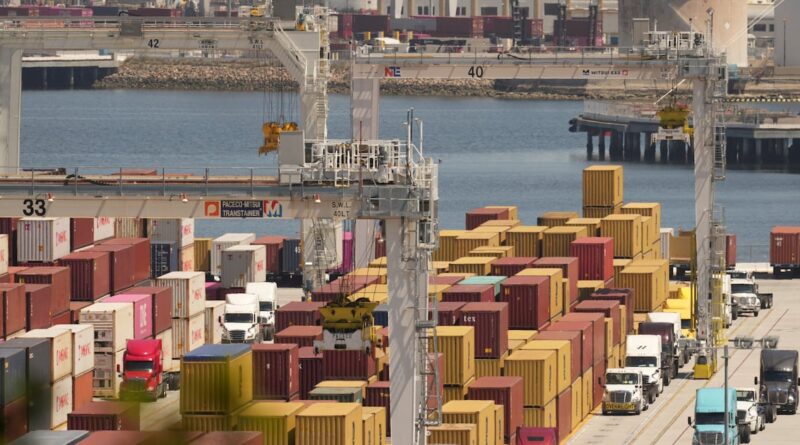Why tariffs are good for Utah business
People are always surprised when I say it.
“Tariffs hurting your business?” they ask.
Actually, I don’t mind them at all.
Here’s why.
Racing to the bottom isn’t a business plan
As CEO of Murphy Door, a custom door company based in Ogden, I’ve followed the national conversation on tariffs with growing frustration. What many see as a burden, I see as a lifeline — for companies like ours and for the future of American manufacturing.
For years, we’ve competed against low-cost imports from countries like China, where labor is cheap not because of efficiency, but because of low wages and minimal benefits. In Utah, we do things differently. We invest in our people, offering good wages, full benefits and real opportunities for growth. That commitment builds stronger communities — but it comes at a cost and is hard to sustain when the market expects luxury craftsmanship at rock-bottom prices.
When I founded my company in 2012, I chose to manufacture domestically. Controlling our supply chain saved us during the pandemic, when disruptions crippled companies reliant on imports. That firsthand experience taught me the value of resilience and control, especially when outside forces can shift markets overnight.
Tariffs tip the scales toward fairness
Tariffs help level the playing field by exposing the true cost of “cheap” goods and rewarding companies that commit to quality and care.
At Murphy Door, we’ve been ready. Our growth speaks for itself—growing from $30,000 in first-year sales to a nationwide manufacturer. We’re expanding from Utah to automated facilities across the U.S., aiming for 20 sites within the next seven years, all within 300 miles of major customer bases to cut shipping costs.
And we’re not alone. More companies are reshoring production, and more customers are actively seeking U.S.-based manufacturers. Millennials and Gen Z are helping drive this demand, pushing for greater transparency and a renewed commitment to American-made goods.
The momentum is real. The Reshoring Initiative reports that more than 350,000 U.S. jobs were reshored or created through foreign direct investment in 2023 — a record high. We’re not just seeing this shift locally — the world is taking notice. Recently, the EU ambassador visited Utah as part of ongoing trade negotiations between President Trump and Europe.
And it’s no wonder Utah is drawing this international attention. Manufacturing employment here is growing faster than the national average. In January 2025, Utah’s manufacturing sector employed 155,900 people. This is a recent increase of 3,500 jobs compared to February 2024. Utah leads the U.S. in manufacturing job growth, with a nearly 12% increase between 2019 and 2023, the largest jump in the nation.
Yes, tariffs may raise prices in the short term. But they also encourage smarter, more local production — something the pandemic proved we urgently need. When global trade stalled in 2020, companies relying on distant suppliers faced shortages and slowdowns. Now, 79% of the U.S. manufacturers reliant on Asia have either begun the reshoring process or plan to soon. This manufacturing revival isn’t just reshaping national supply chains. It’s creating opportunities for states positioned to capitalize on the shift.
Growth finds its home in Utah
So what does that mean for Utah?
It means more secure jobs for welders, carpenters, software engineers and logistics professionals. It means high school graduates can stay in the state they love, pursue a trade and build a future. It means rural towns, like the one I grew up in, can once again attract good-paying, meaningful work.
Tariffs have created a much-needed reset. A chance for American businesses to rethink how and where we build. They’ve also changed how we define value. It’s no longer just about how cheap something is. It’s about how well it’s made, how sustainably it’s produced and whether your team is proud to stand behind it. Tariffs have given us enough breathing room to grow, hire and compete without cutting corners or compromising our values.
That’s why Utah should embrace tariffs not as a political weapon but as a practical tool to strengthen American manufacturing and protect the communities that depend on it.
At Murphy Door, we’ve built our business by opening doors that didn’t exist before. Right now, tariffs are helping open one more.

